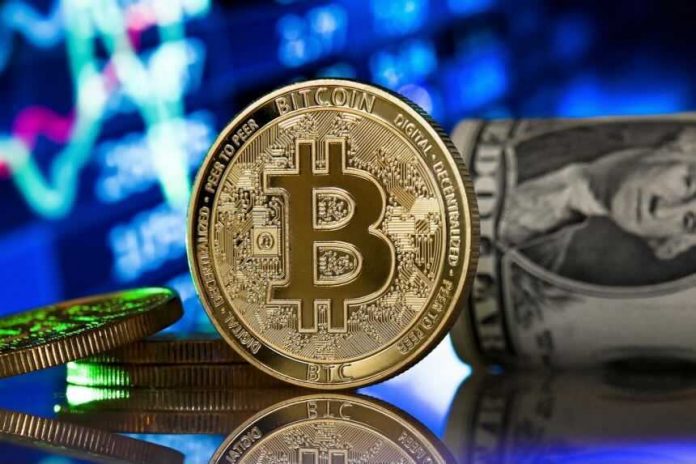
Currently, the price of Bitcoin, the cost of buying and selling as an investment, is at $47,317. Compare that to last March, where the price was at around $4,000. That is an incredible ten-fold increase in less than a year, making it one of the most profitable investments of the decade. But what actually is Bitcoin, and does it have any real utility?
Bitcoin is a cryptocurrency that was created by a man under the pseudonym “Satoshi Nakamoto” in January of 2009. Nakamoto created this digital currency as a way to transfer wealth through peer-to-peer computer networks instead of traditional centralized banks. This cut out the middleman, making bitcoin cheaper to transfer and more efficient.
Bitcoin works on a blockchain, which is essentially a decentralized and immutable ledger—think of Google docs without needing Google.
One important use of Bitcoin is to hold value in a decentralized manner. According to Khadija Stewart, a computer science professor at DePauw, “the original purpose was to have it be in the hands of people rather than in the hands of an organization or government.”
Many currencies fluctuate in value because the government can issue more of them. However, Bitcoin has a finite supply of 21 million and it is almost at the point where all the bitcoins have been “mined.”
Mining is a complex process whereby Bitcoins are born. One explanation for the explosive rise in the price of Bitcoin is the scarcity of supply. Another explanation is the insatiable demand of individual consumers and major businesses to buy, own and trade bitcoin. Bitcoin can be traded for fiat currency (dollars), other cryptocurrencies, and soon, even a tesla. Coinbase is a popular exchange to start investing in cryptocurrencies such as Bitcoin.
Many traditional investors now consider Bitcoin to be a legitimate investment, and even a superior investment to commodities such as gold and silver, as a store of value. In addition, Bitcoin can also be a more effective means of transferring value between people using electronic devices like computers or mobile phones.
According to blockchain entrepreneur Michael Queralt, the finite supply of Bitcoin makes it a good investment. “If you believe that cryptocurrencies are a way to the future, which I do, Bitcoin will have a limited supply amount, which will bring the price up,” Queralt said. Due to this finite supply, as demand goes up, so does the price.
”It decentralizes financial systems because it allows for peer to peer interaction with trust,” Queralt said. Bitcoin is controlled by the people for the people.
One issue with Bitcoin is that some traditional institutions don’t yet recognize it as a legitimate transfer of value for the real world and see it only as an investment like traditional stocks. One reason for this is that it can be transmitted anonymously and has no backing from institutions.
“I don't think a large percent of the population can put their trust in,” Stewart said.
Yet, those issues are what make cryptocurrencies such as Bitcoin unique and innovative. There is no longer a need to trust the traditional systems.
Yet, people have not always trusted traditional financial institutions such as banks. Jeff Gropp, professor of economics and management, argues that people do not always put their trust in banks because of past economic disasters such as the Great Depression and the housing crisis of 2008. “There is clear evidence that central banks across the globe, including our own, the Federal Reserve, have frequently mismanaged monetary systems to the point of economic disaster,” Gropp said.
Gropp believes that, in theory, Bitcoin may be able to resolve this issue. However, Gropp states that “the irony is that this 'trustless' money is not trusted.” That is because currently “cryptocurrency is not widely understood, much less trusted.”
For Bitcoin to become more widely accepted, people need to be able to understand why they can trust it. “Bitcoin may become adopted more widely, but, to do so, it would have to solve the 'trust' issue,” Gropp said.
Until the Federal Reserve recognizes cryptocurrencies such as Bitcoin as legitimate tender, it will not hold any transactional value in our society-- being able to buy groceries with Bitcoin. For now, it will stay as a speculative investment such as Apple or gold.
However, The Federal Reserve is looking at the possibility of creating a digital currency and how that could carry out in our society. “Rest assured that the Federal Reserve is examining the impact such currencies will have on their ability to carry out monetary policy,” Gropp said.
